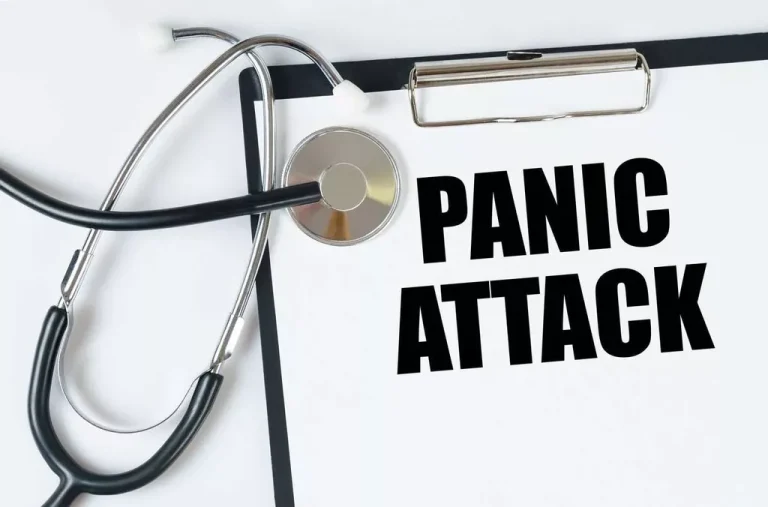
Over time, excessive alcohol use can lead to an increased risk for cardiovascular events, such as a heart attack or stroke, because of the ways it affects the blood and circulatory system. That said, moderate use of alcohol may have the opposite effect. Yet because of this effect, drinking alcohol could potentially increase your risk for the bleeding type of strokes — especially when you drink it in large quantities. Alcohol use — especially in excess — can also pose other risks to your health.
Does Alcohol Thin Your Blood? Risks of Alcohol and Blood Thinners
Add to that the potential effects of Xarelto on the liver and this combination may cause an increased risk of liver problems and bleeding. Drinking alcohol in moderation may have a protective effect on your blood vessels. Some research finds that alcohol increases levels of high-density lipoproteins (HDL, aka “good cholesterol”).

Health Categories to Explore
- Platelets are small cells in the blood that are essential for clotting.
- Red wine is fermented for a longer amount of time with the grape skins than white wine is, meaning it will contain more resveratrol, which is why it is typically thought to be more heart healthy.
- Your doctor should be monitoring how quickly your blood clots with regular tests measuring your international normalized ratio (INR).
- When you drink blood thinners and alcohol, it can interact with the medication and potentially increase the risk of bleeding or other adverse effects.
Dr. Harb Harb is a non-invasive cardiologist working within the Northwell Health System in New York, specifically at the North Shore University Hospital, affiliated with Hofstra University. Dr. Harb moved to New York City, choosing a career path in academic medicine as an assistant professor at the Donald and Barbara Zucker School of Medicine at Hofstra/Northwell. There, he teaches and works with cardiovascular and medical trainees wine and blood thinners as well as medical students. He is a Fellow of the American College of Cardiology (FACC) and American board-certified in general cardiology, echocardiography, and stress-testing, and nuclear cardiology. He is a registered physician in vascular interpretation (RPVI). Lastly, he obtained graduate education in public health and business administration to contribute to national healthcare reform research and implementation.
Red wine and resveratrol: Good for your heart?

AddictionResource fact-checks all the information before publishing and uses only credible and trusted sources when citing any medical data. Professional medical treatment will reduce your risks of developing severe health complications or further alcohol dependence. It’s recommended to limit alcohol intake to no more than one drink/day for women and no more than two drinks/day for men.
What are anticoagulants?

Blood-thinning foods, drinks, and supplements

How Does Alcohol Thin the Blood?
